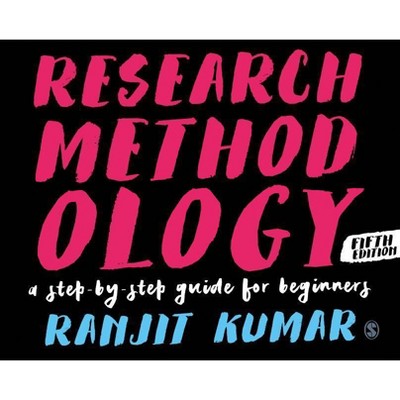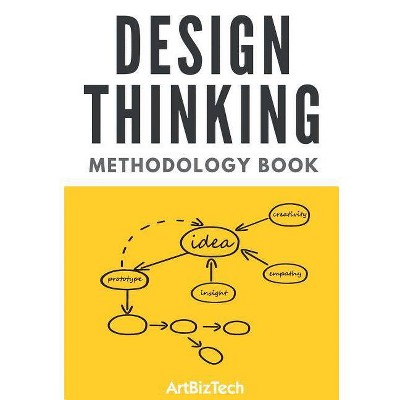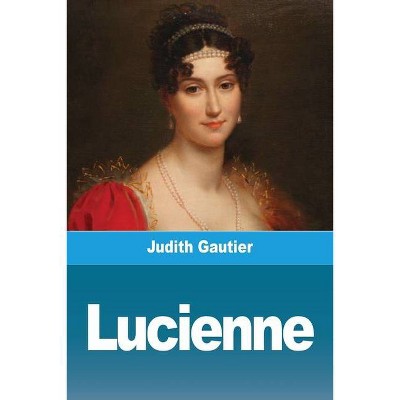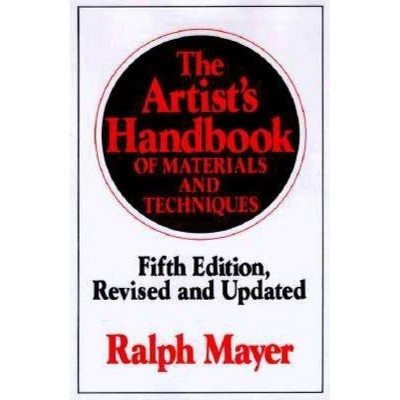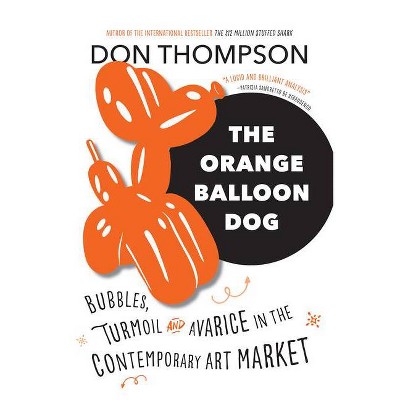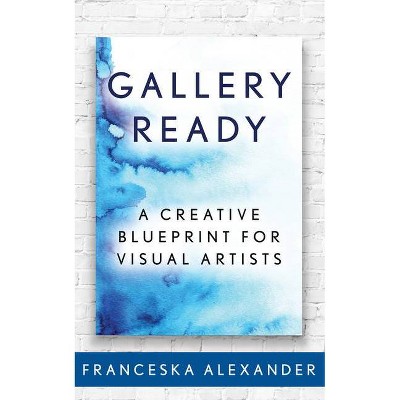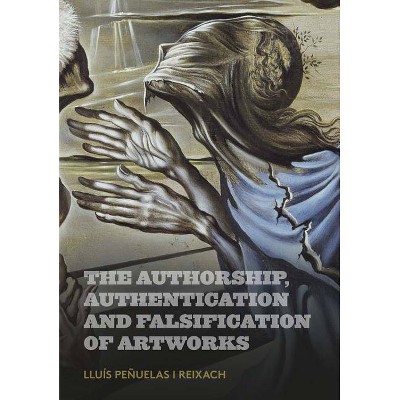Drm, a Design Research Methodology - by Lucienne T M Blessing & Amaresh Chakrabarti (Paperback)
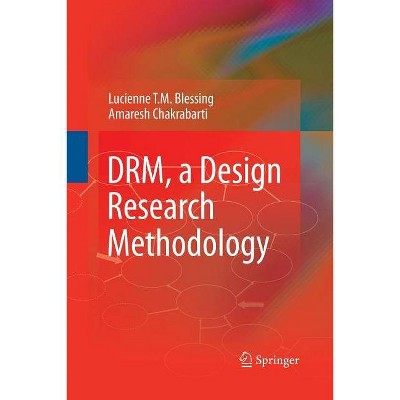
Similar Products
Products of same category from the store
AllProduct info
<p/><br></br><p><b> About the Book </b></p></br></br><p>This practical guide offers a comprehensive list of types of design research linked to appropriate, reliable research methods and supported by illustrative examples. It includes an overview of supplementary research methods.</p><p/><br></br><p><b> Book Synopsis </b></p></br></br>The initial motivator for the development of DRM, a Design Research Methodology, and the subsequent writing of this book was our frustration about the lack of a common terminology, benchmarked research methods, and above all, a common research methodology in design. A shared view of the goals and framework for doing design research was missing. Design is a multidisciplinary activity occurring in multiple application areas and involving multiple stakeholders. As a consequence, design research emerges in a variety of disciplines for a variety of applications with a variety of subjects. This makes it particularly difficult to review its literature, relate various pieces of work, find common ground, and validate and share results that are so essential for sustained progress in a research community. Above all, design research needs to be successful not only in an academic sense, but also in a practical sense. How could we help the community develop knowledge that is both academically and practically worthwhile? Each of us had our individual ideas of how this situation could be improved. Lucienne Blessing, while finishing her thesis that involved studying and improving the design process, developed valuable insights about the importance and relationship of empirical studies in developing and evaluating these improvements. Amaresh Chakrabarti, while finishing his thesis on developing and evaluating computational tools for improving products, had developed valuable insights about integrating and improving the processes of building and evaluating tools.<p/><br></br><p><b> From the Back Cover </b></p></br></br><p>Design research is a fast-growing field of inquiry with significant importance in terms of helping society to create products and processes of improved quality and for enhancing the environment in which we live. The step-wise, hands-on approach of DRM studies the ways in which design research can best be undertaken to address specific questions. This study gives rise, for the first time, to a generic and systematic design research methodology intended to improve the quality of design research - its academic credibility, industrial significance and societal contribution - by enabling more thorough, efficient and effective procedures.</p> <p>Professors Blessing and Chakrabarti provide a comprehensive list of types of design research linked to appropriate research methods - familiar as well as new - and supported by illustrative examples throughout the text. Furthermore, the book points the way to more detailed sources of various established research methods that can be applied. The practical emphasis of the text is reinforced by a whole section of design research project examples contributed by eminent design researchers and placed in the context of the proposed methodology to demonstrate the application of the variety of approaches available in a structured fashion.</p> <p><em>DRM, a Design Research Methodology, </em> speaks to a broad readership: it will provide the graduate student with an excellent grounding in good design research practice, inculcating good habits of research for the future and showing how the process of understanding and improving design can become more effective and efficient; it will interest the academic and industrial researcher as a source of useful and well-ordered methods within a common design research ethos, as well as a methodological framework for research projects and programmes; it will attract the supervisors of young researchers by offering research methods and a well-thought-out and logically structured research process for use in courses on design research.</p><p/><br></br><p><b> About the Author </b></p></br></br><p>Both authors have been involved in design research for more than two decades, developing a deeper understanding of design and various effective forms of support for designers in the various stages of the design process. Lucienne Blessing has undertaken a variety of empirical design studies to better understand the design process as well as the requirements of methods and tools for design, resulting, e.g. in a support system for design. She has been teaching DRM - the Design Research Methodology described in this book - for ten years in an annual international Summer School on Engineering Design Research for PhD students. She received an award at the International Conference on Engineering Design (ICED97) for her contribution to design science. The second author's research led to the development of computer support for the creation of novel solutions for engineering design problems. For this work he received an award in the Morgans-Grampian UK Manufacturing Industry Awards competition. He has been teaching DRM to research students in India for seven years in an annual one Semester Course on Design Research Methodology for Masters and PhD students. The authors have led research teams, supervised a large number of student design research projects, in particular PhD research, and have been involved in a large number of design projects. The first author is are Co-Editor-in-Chief for Springer's <em>Research in Engineering Design</em> journal (the second is on the advisory board), and both are Advisory Editors of several other journals including <em>Journal of Engineering Design</em> (Taylor & Francis), <em>AI EDAM</em> (Cambridge University Press), and <em>Advanced Engineering Informatics</em> (Elsevier). The authors regularly chair sessions at conferences and have been members of various advisory boards and organising committees. They frequently review books, papers, dissertations, and grant applications for various countries and are both on the Advisory Board of the Design Society.</p>
Price History
Price Archive shows prices from various stores, lets you see history and find the cheapest. There is no actual sale on the website. For all support, inquiry and suggestion messagescommunication@pricearchive.us


